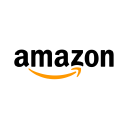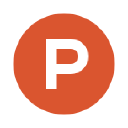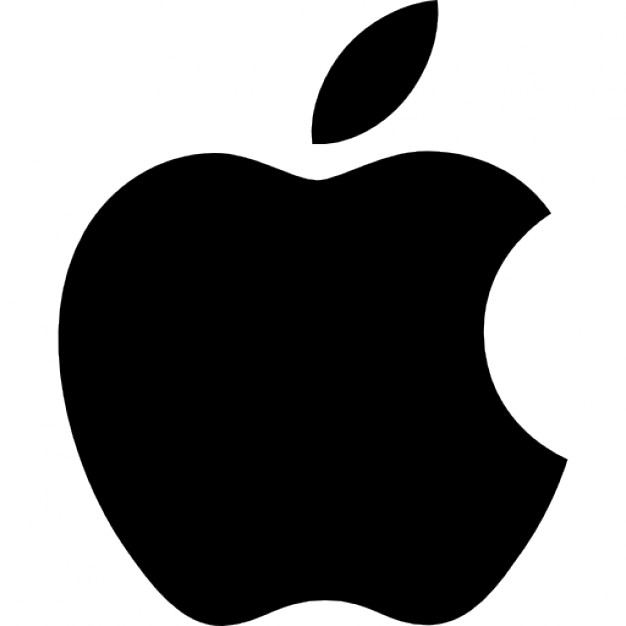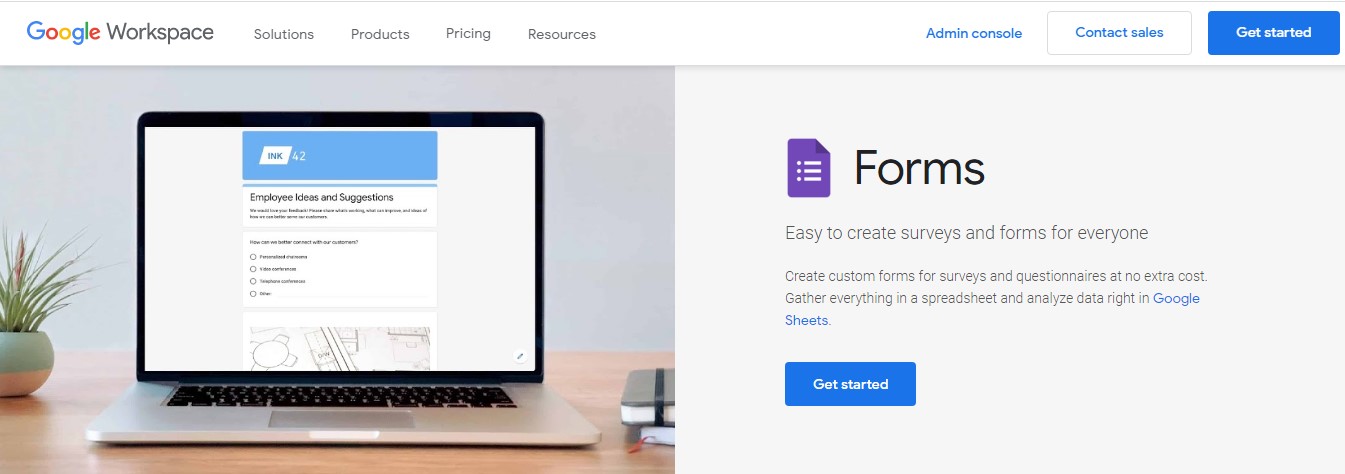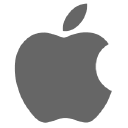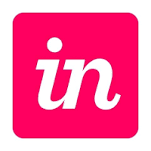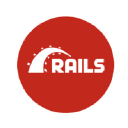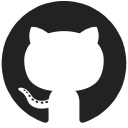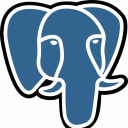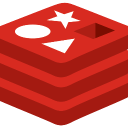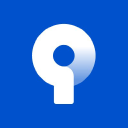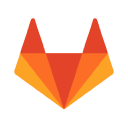How These Friends Bootstrapped A $1M/Year Business Out of Their Love for Music
Hello! Who are you and what business did you start?
My name is Oskar Eichler, and I'm the CEO and co-founder of Songstats. Songstats is a group of music lovers, ultimate frisbee players, and close friends that came together in Bali, Indonesia with the shared vision of building a cross-platform music data analytics app for artists and record labels.
As a DJ and music producer myself, we built Songstats from the artist level up to present key performance metrics that help further the careers of musicians in a clean and simple design.
Songstats is a SaaS platform that aggregates insights across 14 different music services, including Spotify, Apple Music, YouTube, TikTok, Instagram, Shazam, and more.
Today we have more than 6,000 customers that are subscribed to Songstats to receive actionable insights and power their business, and we're approaching $1 million in annual recurring revenue.

